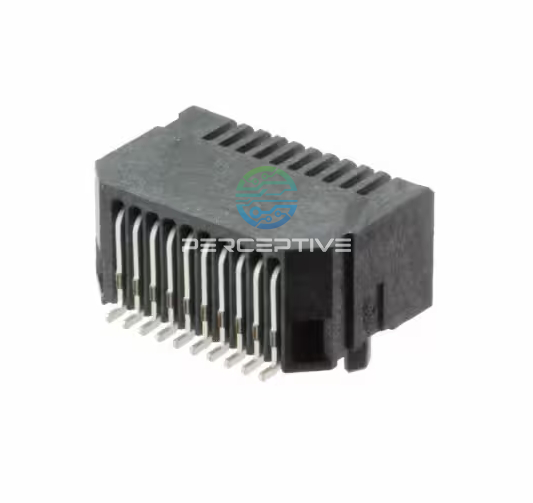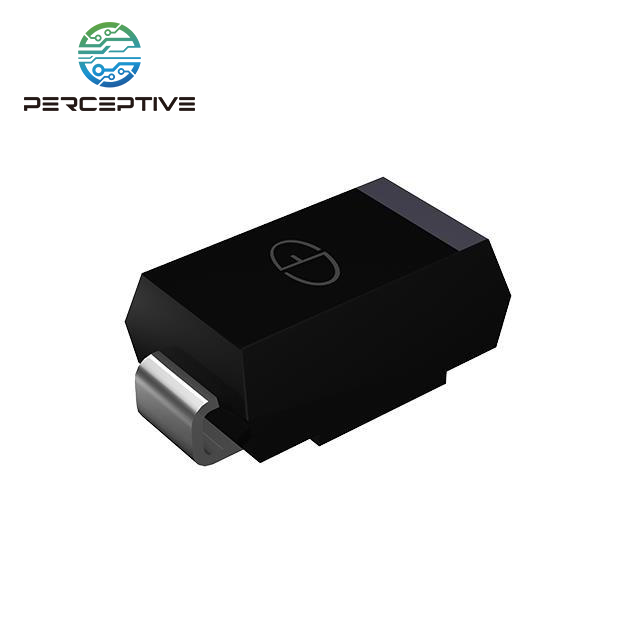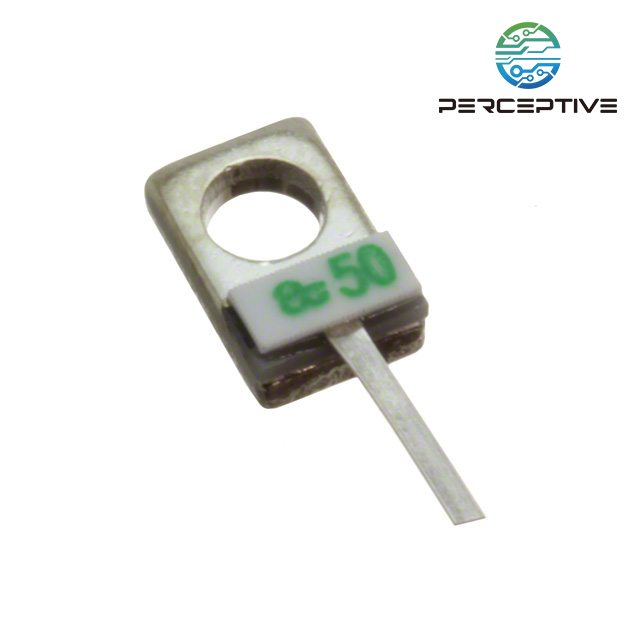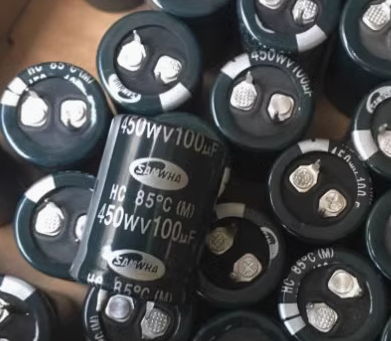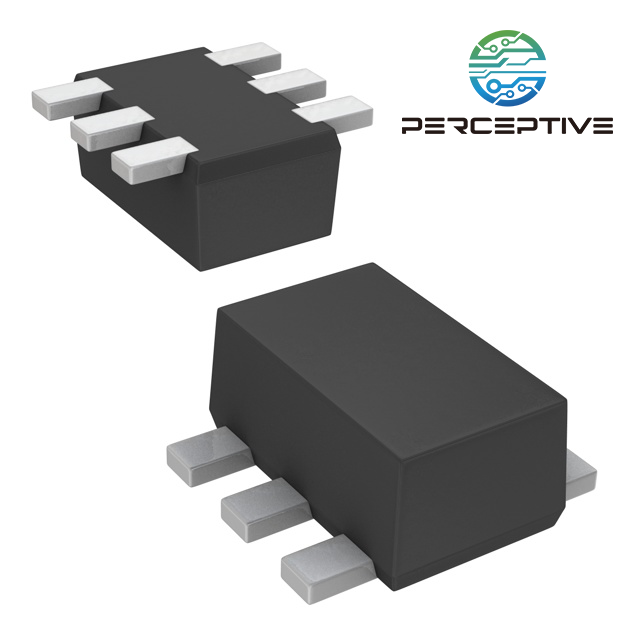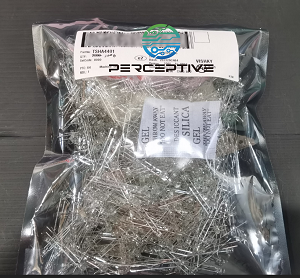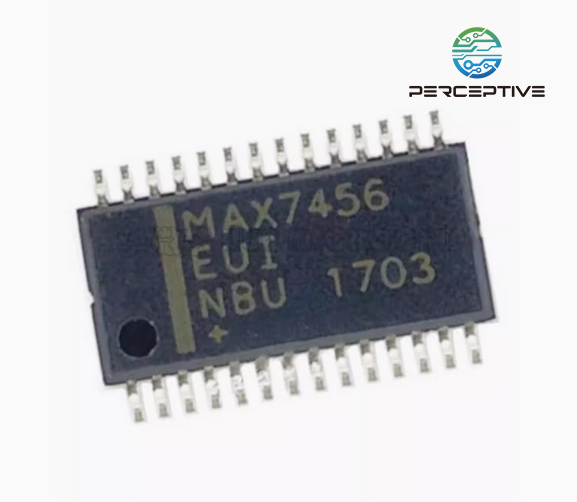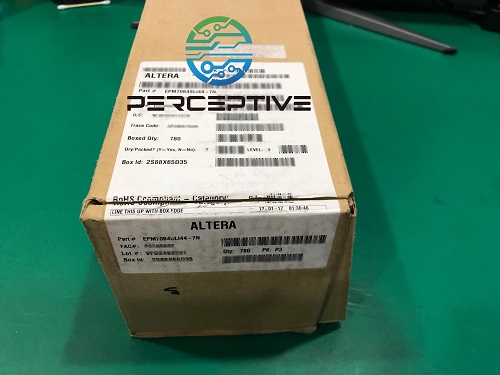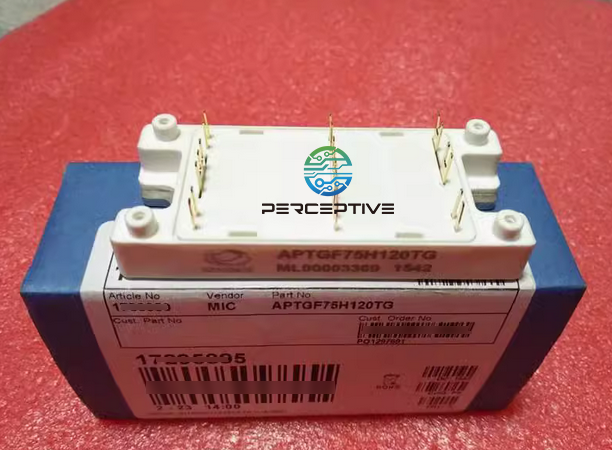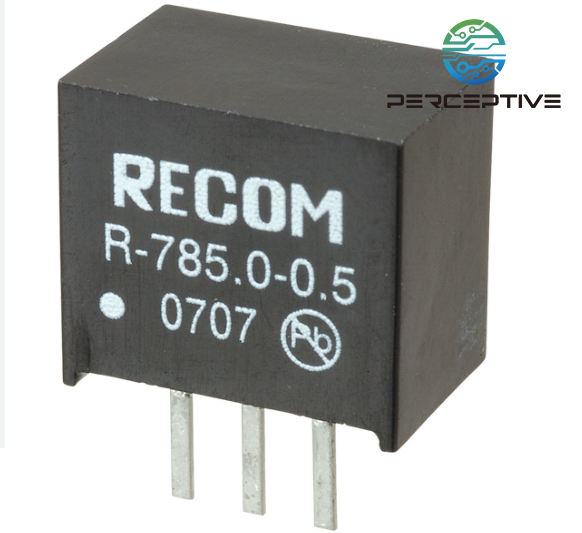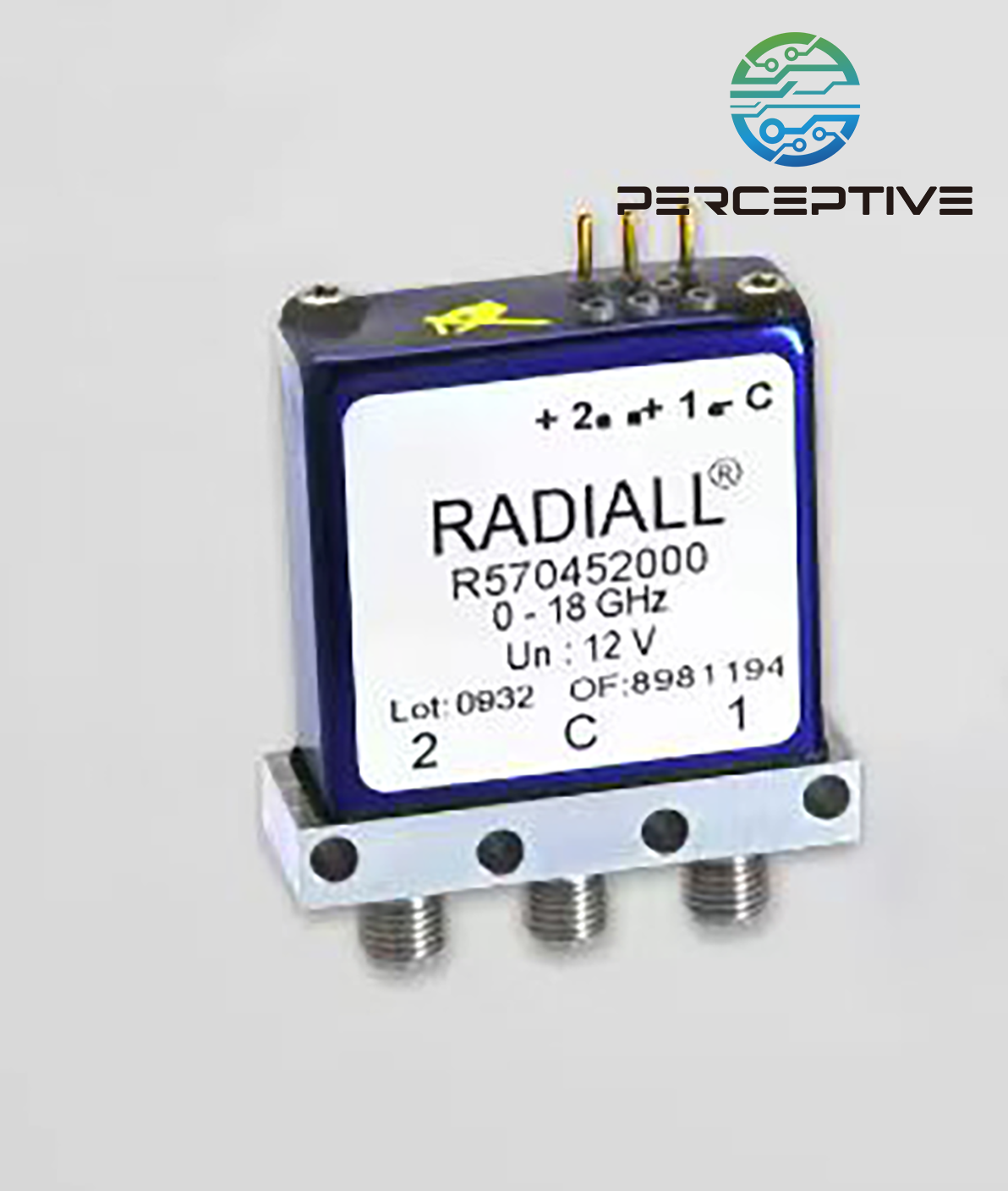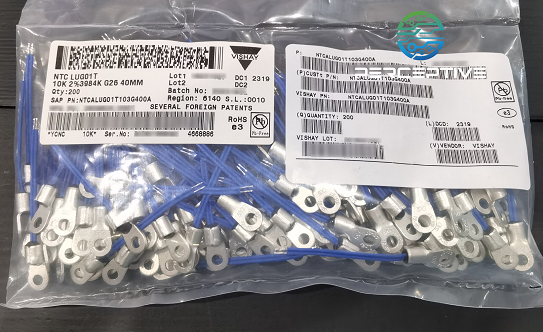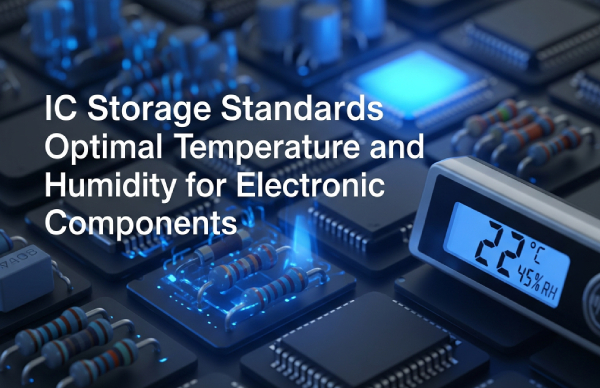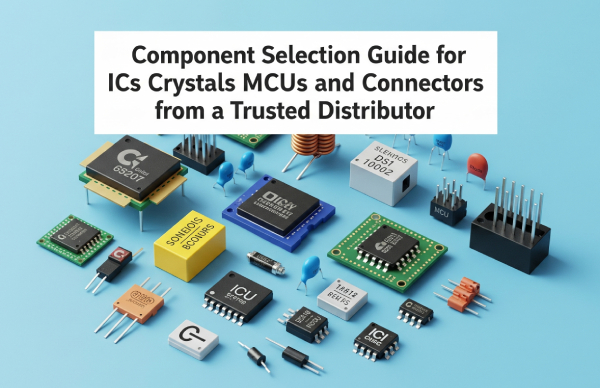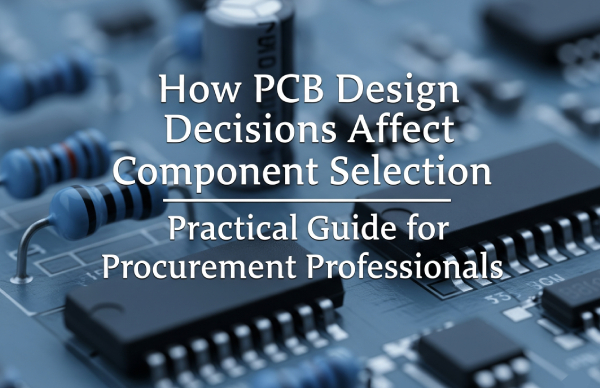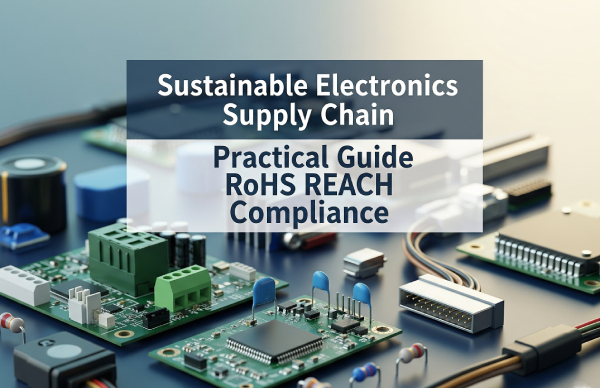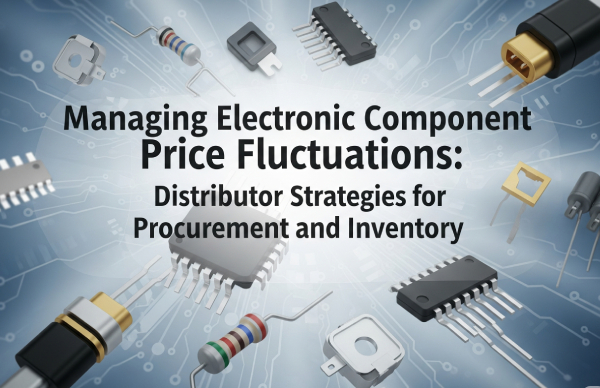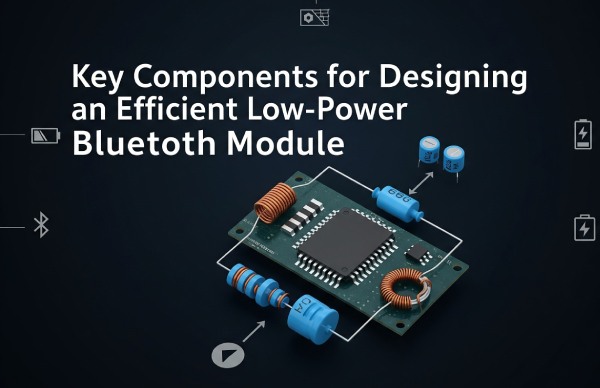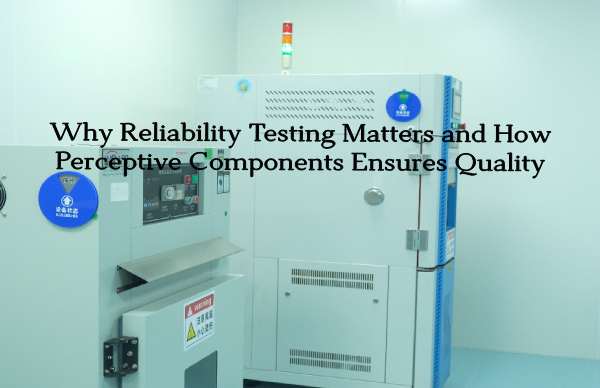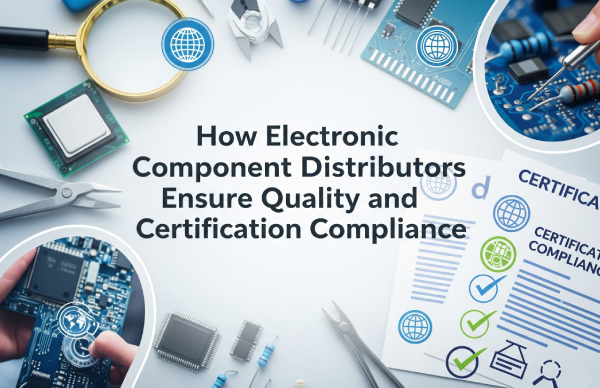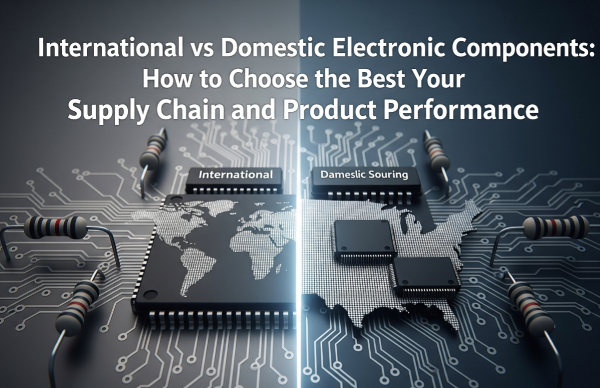For industries where failure is not an option — such as automotive, aerospace, and healthcare — the quality of each electronic component must be above reproach. Procurement professionals in these sectors need more than a promise; they need proof that every part will perform safely and reliably under demanding conditions. This is where a distributor's commitment to quality assurance (QA) and certifications becomes a decisive factor.
The Critical Role of Quality in Sensitive Applications
Unlike consumer devices, vehicles, aircraft, and medical equipment must comply with strict performance and safety requirements. A defective sensor or chip might only cause annoyance in a toy, but in a medical device, it could have life-or-death consequences. For this reason, organizations sourcing electronic components expect their distributors to back every delivery with solid evidence of authenticity and compliance.
A robust QA framework means a distributor does more than simply stock parts. It shows that the distributor has established inspection routines, verified supply chains, and clear documentation trails. Without these, the risk of counterfeit or non-compliant parts infiltrating production lines rises significantly — something mission-critical industries cannot tolerate.
Certifications That Reinforce Trust
One of the clearest ways distributors demonstrate their dedication to quality is by acquiring and maintaining respected certifications. Commonly recognized credentials include:
ISO 9001: Confirms that the distributor's management systems consistently uphold high quality standards and a culture of continuous improvement.
ISO 14001: Indicates an environmentally responsible approach, which is growing in importance for companies focused on sustainability.
AS9120: Specifically designed for aerospace distributors, this standard sets requirements for traceability, documentation, and counterfeit avoidance.
RoHS Compliance: Confirms that supplied components adhere to European directives restricting hazardous substances — crucial for international markets.
UL Listing: Shows that parts meet North American safety benchmarks, tested by Underwriters Laboratories.
Beyond certificates, detailed testing reports and compliance declarations help buyers verify that what they receive is exactly what was specified.
What to Confirm When Choosing a Distributor
To safeguard their projects, procurement teams should carefully assess a distributor's quality system. Essential questions include:
Do they guarantee full traceability? A trustworthy distributor should be able to track each component's origin back to the original manufacturer.
Is there an internal lab or third-party testing? Many quality-focused distributors run their own labs equipped for detailed inspections, X-ray tests, or material analysis to catch fakes or defects.
Are certifications valid and relevant? Buyers should ensure that certifications are current and suitable for their industry's standards.
Is there a clear plan to prevent counterfeits? Strong anti-counterfeit measures are non-negotiable for sectors where safety and performance are paramount.
Can they adapt QA documentation? For regulated sectors like medical devices or cars, customized reports and compliance statements can be a significant plus.
The Business Case for Strong QA
Reliable quality control brings more than just peace of mind. It also streamlines processes for manufacturers, who can rely on distributors' documentation to meet their own regulatory audits and minimize incoming inspections. In addition, a well-documented QA system reduces risks that could lead to costly recalls or legal issues.
Leading distributors go further by investing in real-time digital systems that share certificates, test data, and traceability records with clients at the click of a button. This transparency builds trust and long-term partnerships.
Staying Ahead in a Changing Market
Today's component supply chains face constant disruption, tempting some companies to source from unverified suppliers. But compromising on quality is never worth the short-term savings — especially when human safety is on the line. More than ever, industries expect distributors to maintain strict standards, keep their certifications up to date, and adapt to evolving environmental and safety regulations.
Conclusion
In critical industries, every component must be proven, not assumed, to be safe and reliable. Selecting a distributor with solid QA systems and recognized certifications such as ISO, RoHS, UL, or aerospace-specific standards is vital for compliance and risk management. Always demand clear traceability, anti-counterfeit safeguards, and tailored documentation when needed.
Ultimately, partnering with a distributor that prioritizes quality is an investment in safer products, stronger reputations, and the trust of the end user.

